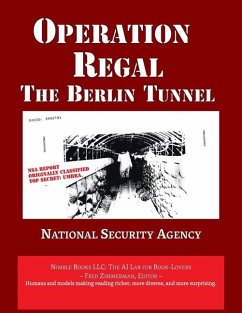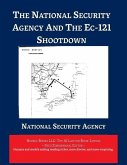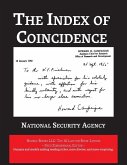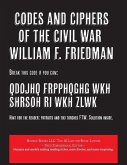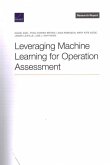In a world consumed by information warfare, where the line between truth and deception becomes increasingly blurred, understanding the intricacies of espionage is paramount.The Berlin Tunnel operation, a daring feat of engineering and intelligence gathering that was doomed by forces beyond its control, offers a potent reminder of the lengths nations will go to for strategic advantage-and the costs of failure. As current events unfold on the global stage, reminiscent of the Cold War era, this historical account resonates with renewed relevance, reminding us of the the timeless human drives for power, security, and what can only be called sneakiness. If we were this sneaky seventy years ago, what are we up to today? NSA report, originally classified TOP SECRET: UMBRA. Operation Regal, also known as the Berlin Tunnel, was a top-secret intelligence operation conducted by the United States in the 1950s. Its purpose was to intercept Soviet and East German communications by constructing a tunnel under the Berlin Wall and tapping into underground communication cables. The operation yielded a massive volume of data and provided valuable insights into Soviet military activities, political intentions, and reactions to global events.However, the tunnel was discovered by East German technicians in 1956, leading to a propaganda victory for the Soviets. Initially hailed as an intelligence triumph, Operation Regal later faced scrutiny regarding the authenticity of the intercepted information. The revelation that British intelligence officer George Blake had been a Soviet double agent during the operation raised concerns about potential disinformation. Blake, present at early planning meetings, likely leaked the tunnel's existence to the Soviets, prompting speculation that they might have manipulated communications to mislead the Americans. Despite the uncertainty surrounding its ultimate impact, Operation Regal serves as a compelling example of Cold War espionage. The audacious tunnel construction, the enormous volume of intercepted data, and the subsequent involvement of a double agent highlight the high stakes and intricate nature of intelligence operations during this period. Though the operation's true success remains debatable, its legacy continues to intrigue historians and intelligence experts alike. This annotated edition illustrates the capabilities of the AI Lab for Book-Lovers to add context and ease-of-use to manuscripts. It includes several types of abstracts, building from simplest to more complex: TLDR (one word), ELI5, TLDR (vanilla), Scientific Style, and Action Items; essays to increase viewpoint diversity, such as Grounds for Dissent, Red Team Critique, and MAGA Perspective; and Notable Passages and Nutshell Summaries for each page. Published May 10, 2024--seventy-nine years to the day after starting the tunnel.
Hinweis: Dieser Artikel kann nur an eine deutsche Lieferadresse ausgeliefert werden.
Hinweis: Dieser Artikel kann nur an eine deutsche Lieferadresse ausgeliefert werden.

